The European Union community is attesting lately to several camouflage events in the European Parliament for promoting the Armenian views on Nagorno-Karabakh region. The events organized under the umbrella of this group of programs in the European Parliament seem to be individually hosted or co-hosted by the members of the European Parliament and Armenian lobby groups in the European Union.
One such event was organized on February 28 entitled “Nagorno-Karabakh EU 1988-2018. Taking stock of 30 years of EU policy on the Nagorno-Karabakh conflict”. The organizers of the event were the Armenian General Benevolent Union (AGBU) Europe and the European Friends of Armenia (EuFoA). Another such event was organized on February 27 in a public debate format. It was entitled “A Colloquium on The Legal Right of Self-determination for Nagorno-Karabakh”.[1]
It was organized by European Parliament deputies Michèle Rivasi (Verts/A LE) and Lars Adaktusson (EPP), the Armenian Legal Center for Justice and Human Rights (ALC), Tufenkian Foundation, and the European Armenian Federation for Justice and Democracy (EAFJD). As it can be easily understood the ALC, Tufenkian Foundation and the EAFJD are Armenian front foundations in the EU.
The speakers at the colloquium were, Dr. Alfred de Zayas, Dr. Paul Williams, Dr. Sergey Markedonov, Armine Aleksanyan, (Deputy Foreign Minister of Nagorno Karabakh region). Giro Manoyan (Board Member of the Armenian Legal Center for Justice and Human Rights) was the moderator.[2]
The colloquium came to several conclusions. One of them was that the Nagorno Karabakh region must be the primary subject and not the object any peace process. Secondly, any people in any country have the right under international law, including those in Nagorno Karabakh region have the right to declare independence. Thirdly, under international law each country must respond without violence to a declaration of independence of people under its jurisprudence. Fourthly, the state occupying the Nagorno Karabakh region should be considered as a state due to several reasons. Among them is that it is a functioning state based on the concept of earned sovereignty; it has institutional capacity; it has a democratically elected government; it has control over its borders, and it has a functioning civil society. Fifthly, the International community should interact with the state occupying the Nagorno Karabakh region regardless of its official status. Sixthly, it is accurate that International law provides a framework for interaction among states. However, international law by itself cannot serve as only tool to solve conflicts. Actors must also use other tools such as politics in resolving conflict. Seventh, confidence-building is a key tool to peace and a final resolution. Finally, escalation of Armenophobia rhetoric and war-mongering should be discouraged and it should be reminded that incitement to violence and hatred is prohibited by international law.[3]
Despite coming to the above-mentioned conclusions, firstly, none of the participants felt the need to mention Azerbaijan or the Azerbaijani as the primary subject of the conflict or the peace process. Secondly, none of the participants felt the need to mention the amount of violence the Armenians had utilized in achieving their goals in the Nagorno-Karabakh region. Thirdly, the argument that it is a democratically functioning region totally disregards the 600000 Azerbaijanis evicted by force and violence by the Armenians. After the neighboring areas occupied by Armenia, this number goes up to one million.[4] Regarding the region as a functioning democracy disregards the fact that these 600000 Azerbaijanis cannot vote in the region.
It is certain that such camouflaged initiatives executed under the ceiling of the European Parliament with the association of some members of the Parliament cannot certainly make any favorable contribution to the settlement of the Nagorno-Karabakh conflict. In fact, on the opposite such actions only increase the risk of further conflict. Furthermore, they decrease respectability of European Parliament. This in turn brings down chances of the European Union to contribute to the peace process in the Nagorno-Karabakh region.
*Photo: The European Armenian Federation for Justice and Democracy
[1] Harut Sassounian, “International Legal Expert Affirms Artsakh’s Right of Self-Determination,” The California Courier, n.d., www.TheCaliforniaCourier.com.
[2] “Renowned International Scholars to Discuss Artsakh Peace Process at the European Parliament,” Tufenkian Foundation, February 22, 2018, http://www.tufenkianfoundation.org/news/renowned-international-scholars-to-discuss-artsakh-peace-process-at-the-european-parliament.
[3] “Nagorno Karabakh Must Be the Primary Subject and Not an Object of the Peace Process” Say Prominent International Scholars,” The European Armenian Federation for Justice and Democracy, February 28, 2018, http://www.eafjd.eu/RemedialSecessionPr.html.
[4] “Azerbaijan: After More than 20 Years, IDPs Still Urgently Need Policies to Support Full Integration,” Internal Displacement Monitoring Center, March 26, 2014, http://www.internal-displacement.org/europe-the-caucasus-and-central-asia/azerbaijan/2014/azerbaijan-after-more-than-20-years-idps-still-urgently-need-policies-to-support-full-integration/.
© 2009-2025 Center for Eurasian Studies (AVİM) All Rights Reserved

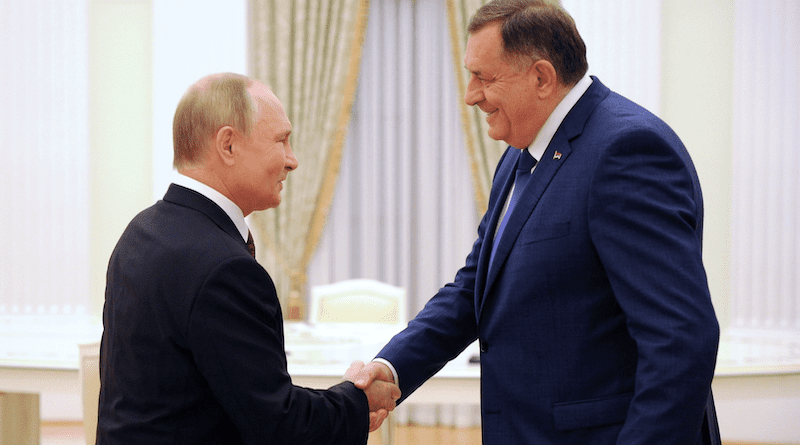 BOSNIA AND THE BALKANS: SECESSIONISM, EUROCENTRIC PARTITIONING
BOSNIA AND THE BALKANS: SECESSIONISM, EUROCENTRIC PARTITIONING
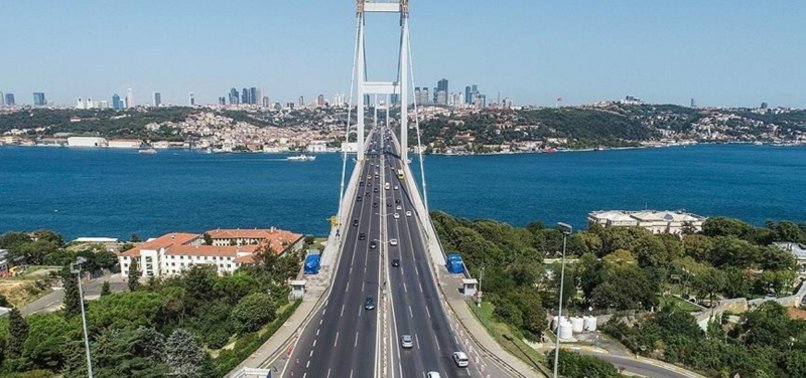 TÜRKİYE'S EVOLVING ROLE AS A EURASIAN NEXUS: A BALANCED PERSPECTIVE
TÜRKİYE'S EVOLVING ROLE AS A EURASIAN NEXUS: A BALANCED PERSPECTIVE
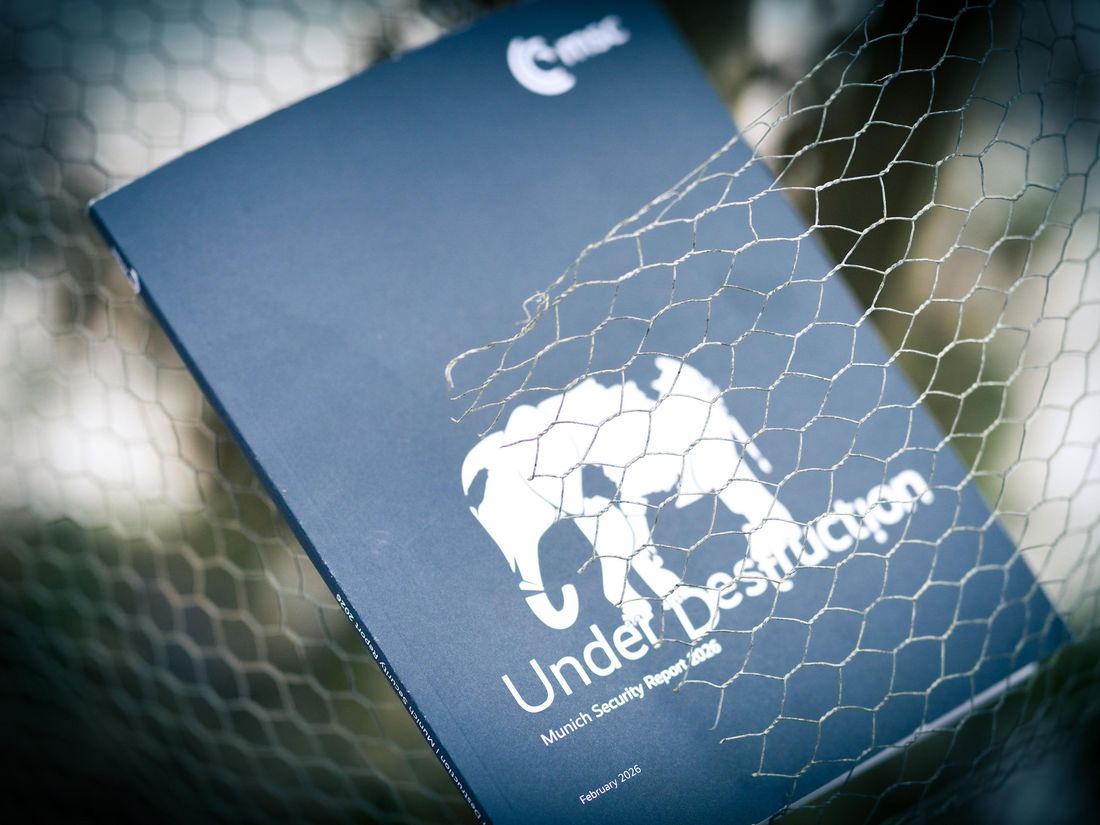 THE MYTH OF RULES-BASED INTERNATIONAL ORDER IS UNDER DESTRUCTION
THE MYTH OF RULES-BASED INTERNATIONAL ORDER IS UNDER DESTRUCTION
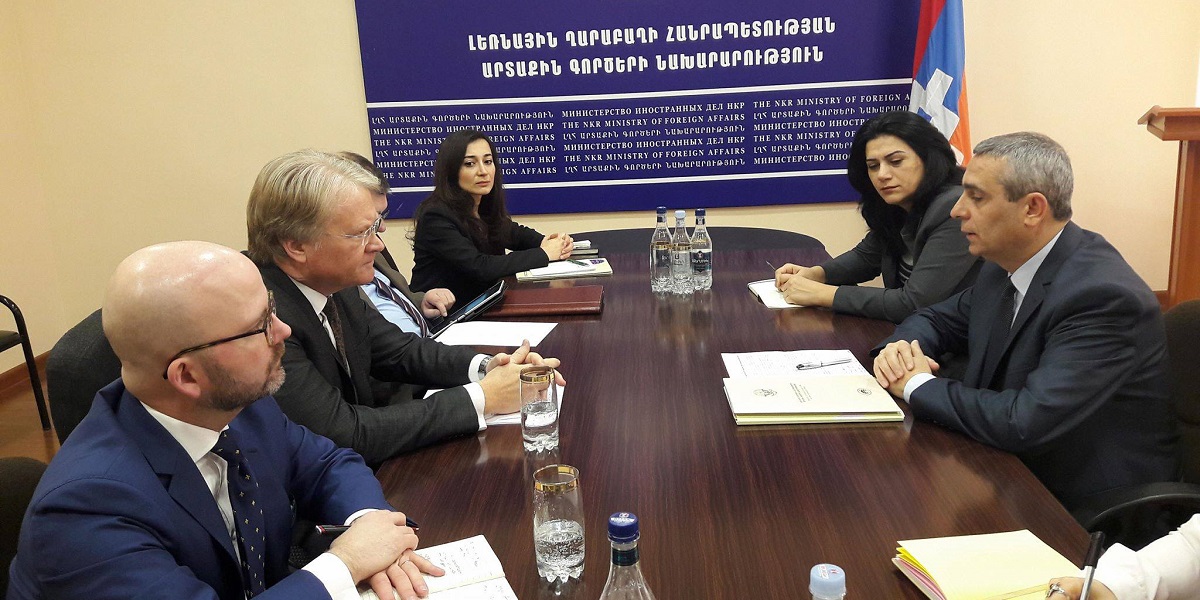 VISIT OF SWEDISH MEMBER OF THE EUROPEAN PARLIAMENT TO KARABAKH: FORGOTTEN MISERY OF AZERBAIJANIS
VISIT OF SWEDISH MEMBER OF THE EUROPEAN PARLIAMENT TO KARABAKH: FORGOTTEN MISERY OF AZERBAIJANIS
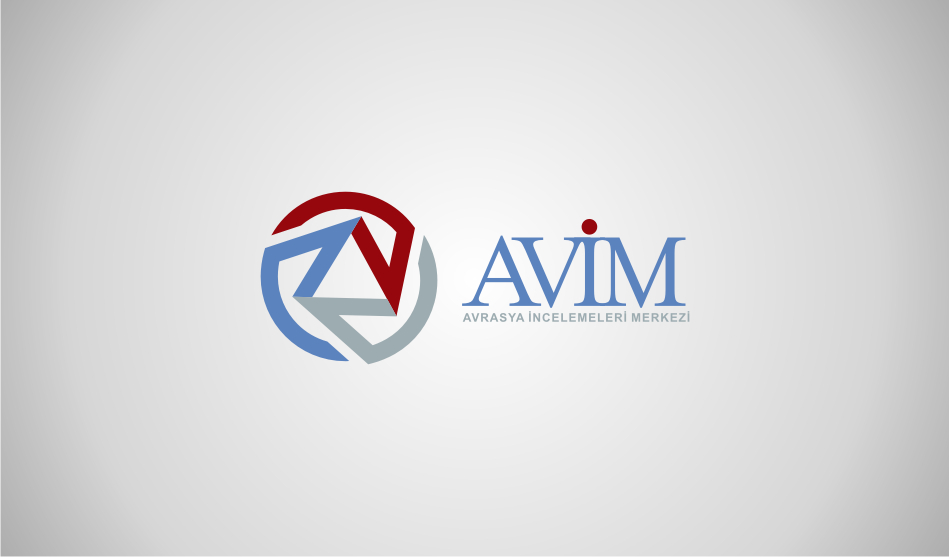 AVİM ON THE ROAD TO THE FIFTEENTH ANNIVERSARY OF ITS FOUNDING
AVİM ON THE ROAD TO THE FIFTEENTH ANNIVERSARY OF ITS FOUNDING
 DISMISSED FORMER FRONTEX CHIEF FINDS HIMSELF A NEW POSITION
DISMISSED FORMER FRONTEX CHIEF FINDS HIMSELF A NEW POSITION
 THE D-8 CAIRO SUMMIT
THE D-8 CAIRO SUMMIT
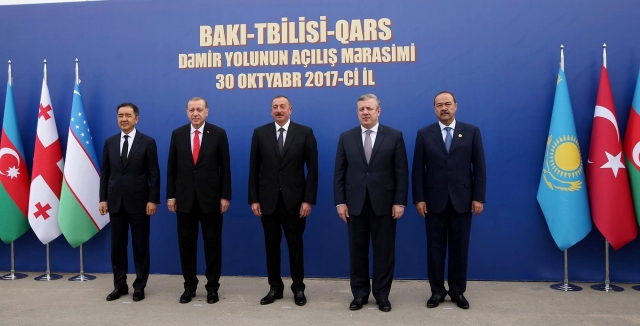 WHY THE BAKU-TBILISI-KARS RAILWAY MATTERS
WHY THE BAKU-TBILISI-KARS RAILWAY MATTERS




























